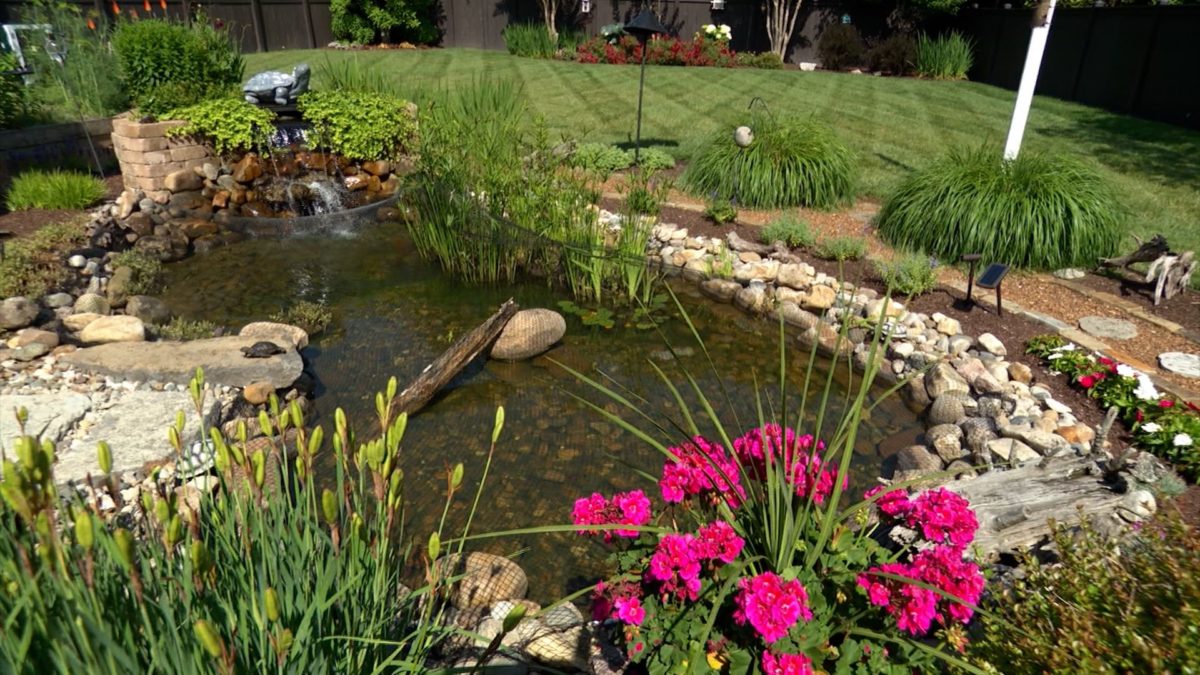
A backyard can come to life, just like you've envisioned. Sheri Gramer visits with homeowners who made their plan a reality. They always wanted a pond, so they built one. They installed attractive border beds, raised beds, and have provided a supportive space for birds, bees, and butterflies.
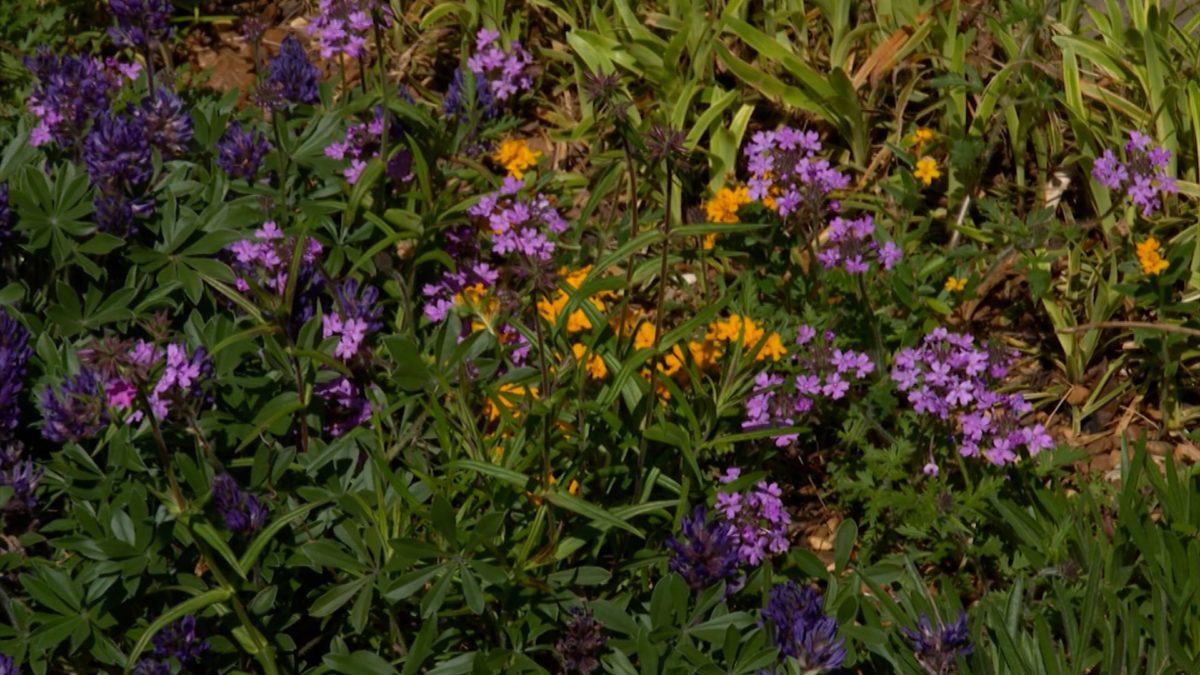
Learn what it means to have a living landscape. Host Rita Venable introduces us to a dedicated couple who have spent many years eradicating the exotic invasive plants from their property. Those have been replaced with native perennials, trees and shrubs. Some have even sprouted up on their own! Pollinators and wildlife are now flourishing.
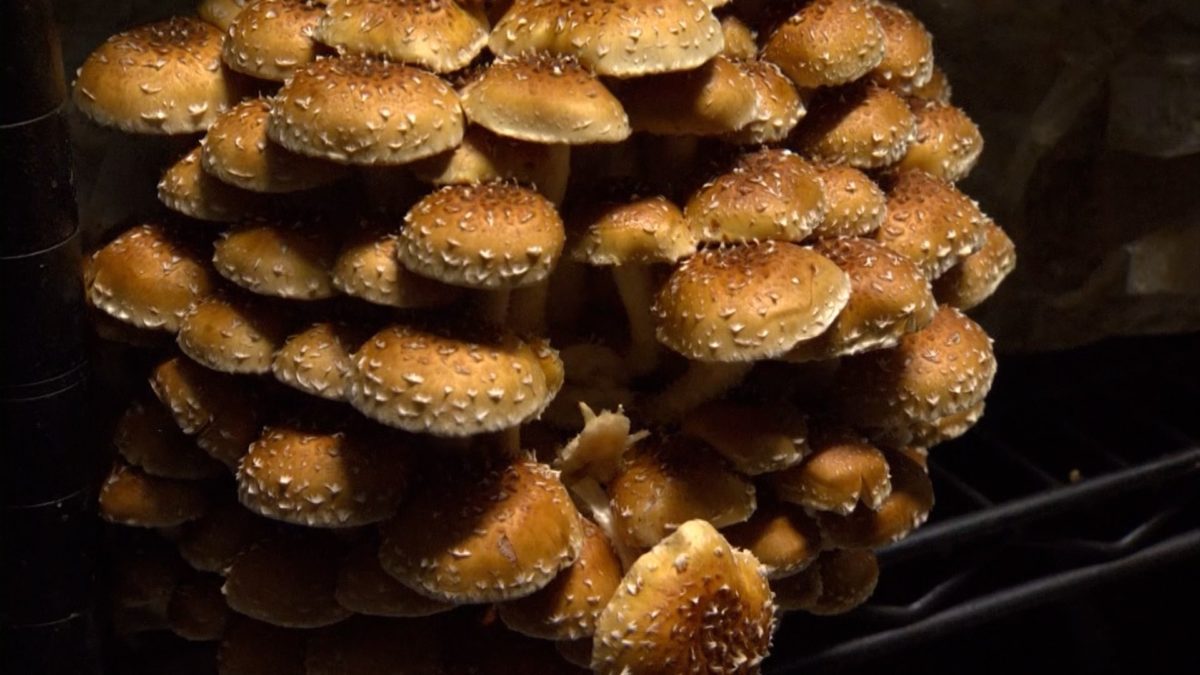
Lion's Mane, Oyster, Shitake and Chestnut. These are some of the consumable mushrooms in production at HENOSIS near Nashville. Mushroom cultivation is quite different from growing garden vegetables. We follow the process from substrate mix to harvest and learn how truly sustainable it is.
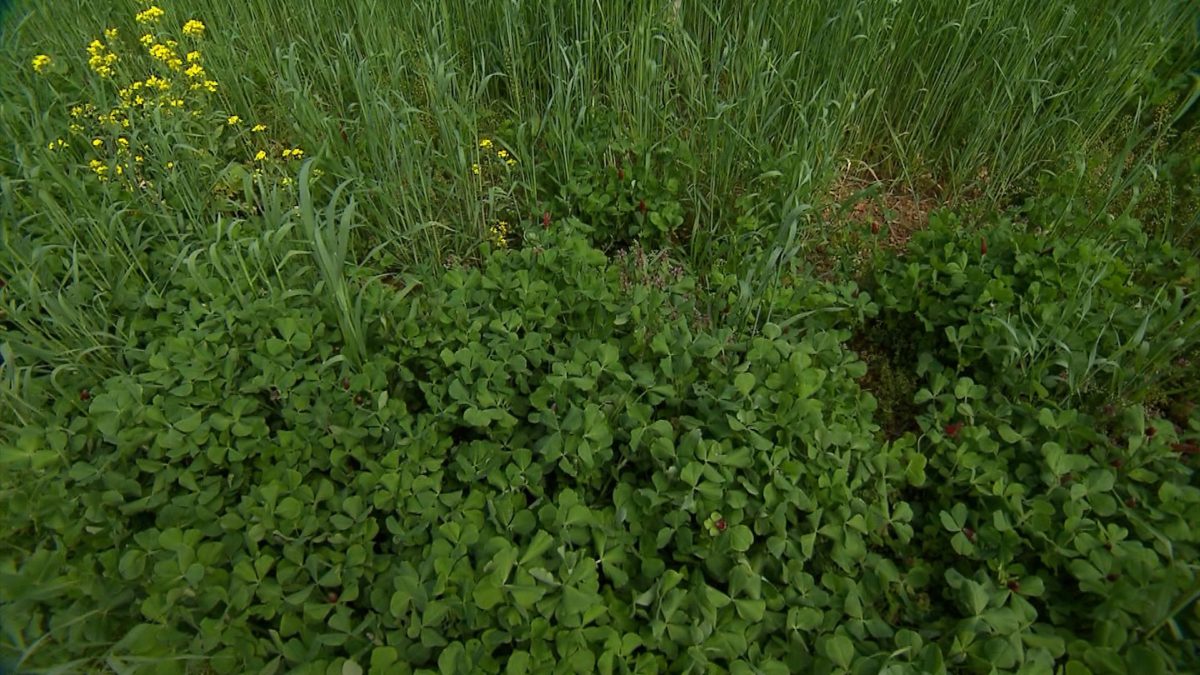
Jeff Poppen knows the valuable benefits of cover crops, also known as green manure. When used in a home garden, he advises to pull up the plants at maturity, shake off the valuable soil, and then enrich the compost pile with the plants. For a farm field of cover crops, he mows the field several times over a 2 week span, and chisel plows all the plant material into the soil. Then the microbes do their good work.
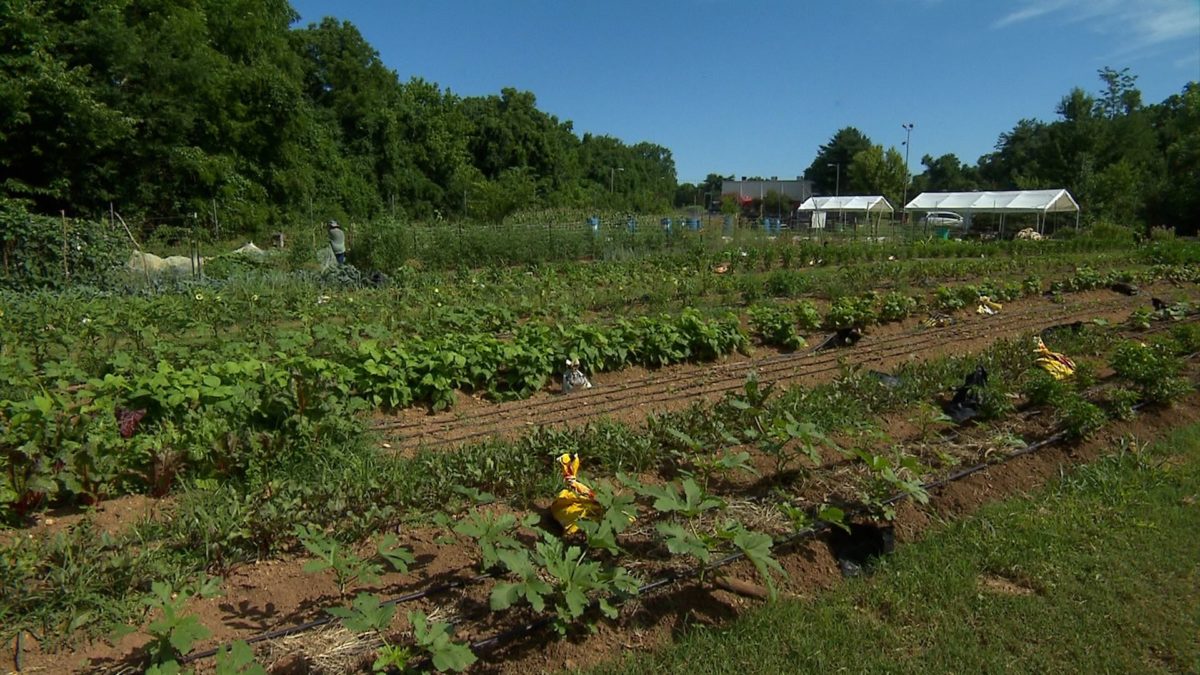
We tour this market farm and meet some of the growers who are harvesting wonderful produce and herbs from this community garden shepherded by The Nashville Food Project. The farmers share a commonality as each arrived in Middle TN from Burma or Bhutan. They are generating personal income while building food security within the community.
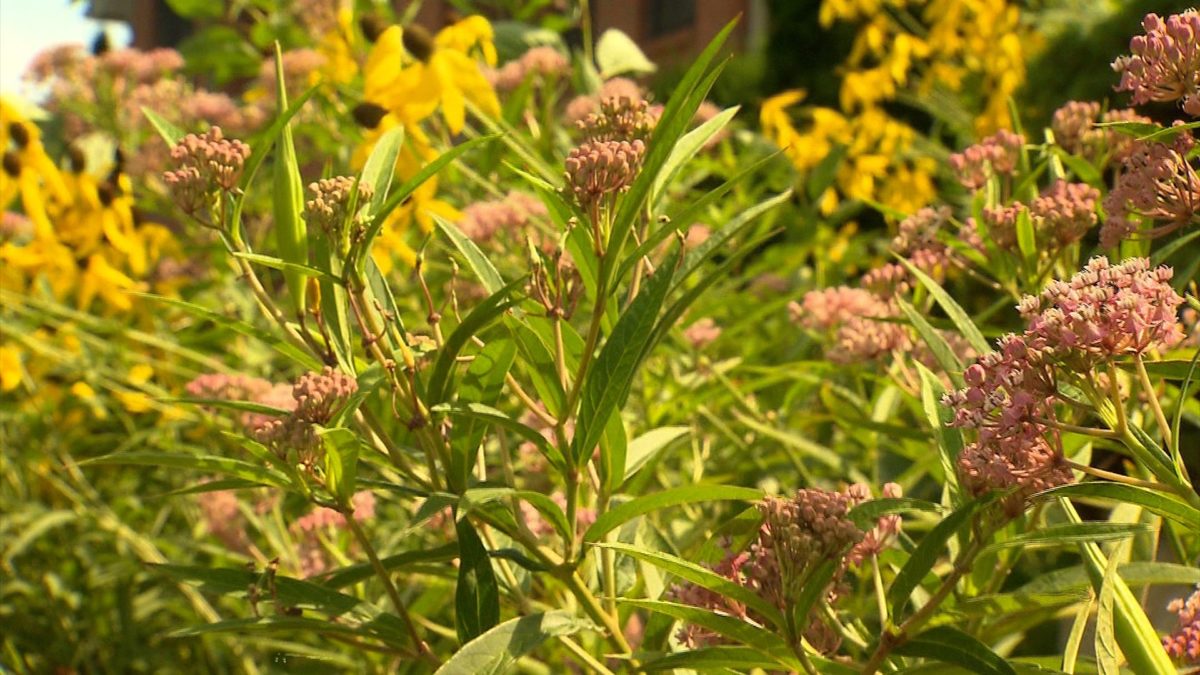
We tour a home landscape that is certainly spectacular to look at, but it's also a pollinator paradise. This gardener enjoys choosing native plants that will support their need for food and habitat. Hummingbirds, bees and butterflies are common sites in this garden.
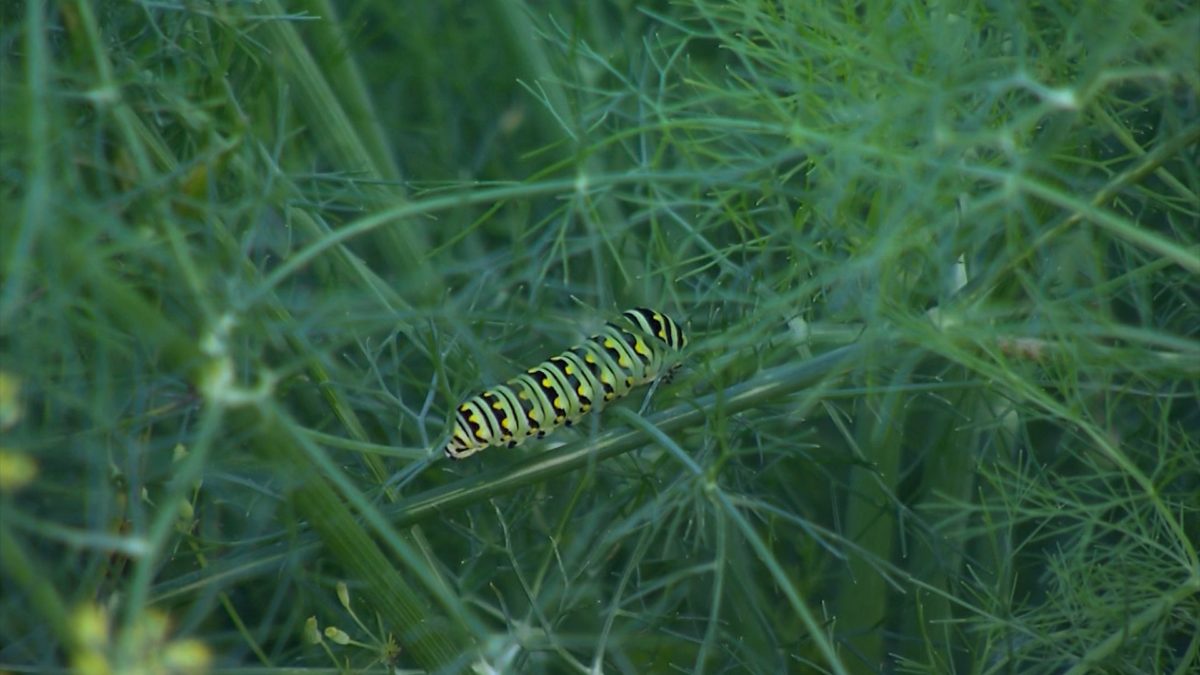
Late September finds us doing clean up in the ornamental garden after the growing season. But not so fast. Host Marty DeHart, along with Rita Venable (author of 'Butterflies of Tennessee'), will have you looking at garden clean up a different way. They look at several common garden specimens with suggestions of what to do to benefit pollinators and beneficial insects for the winter.
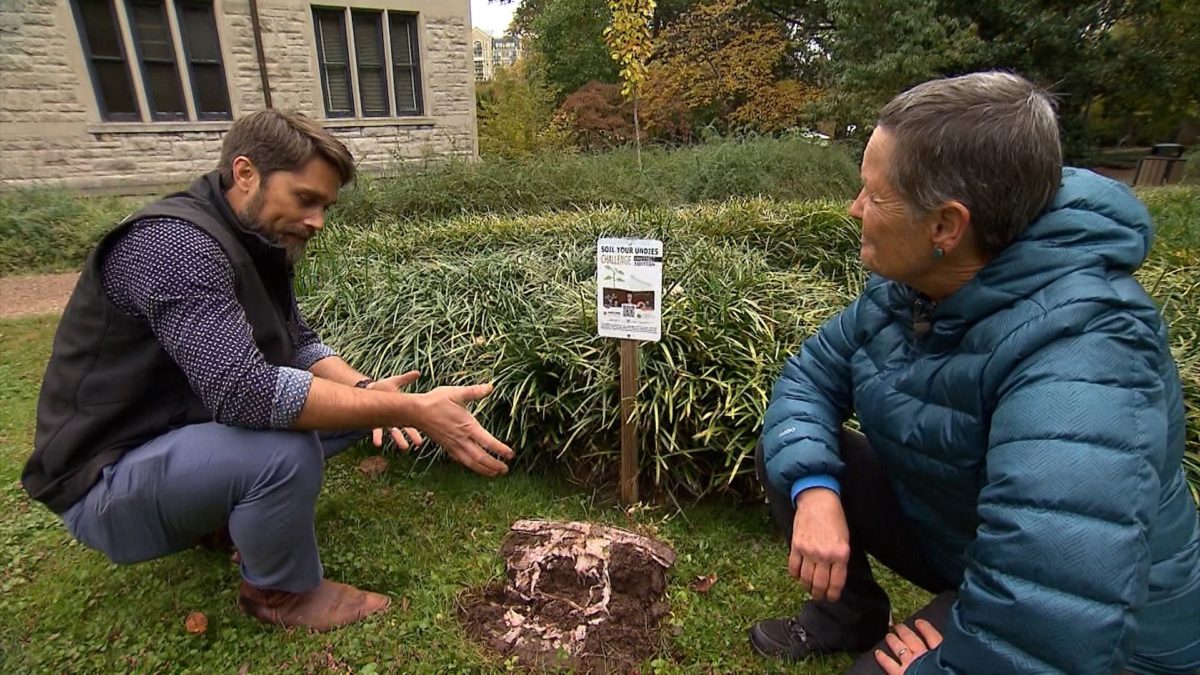
A campaign was launched in December 2018 by Oregon farmers working with Soil and Water Conservation Districts. The Soil Your Undies Challenge was now a thing. It's a simple way to measure the microbial activity in the soil. Julie Berbiglia visits the campus of Vanderbilt University in Nashville to see the results from their participation in the challenge.